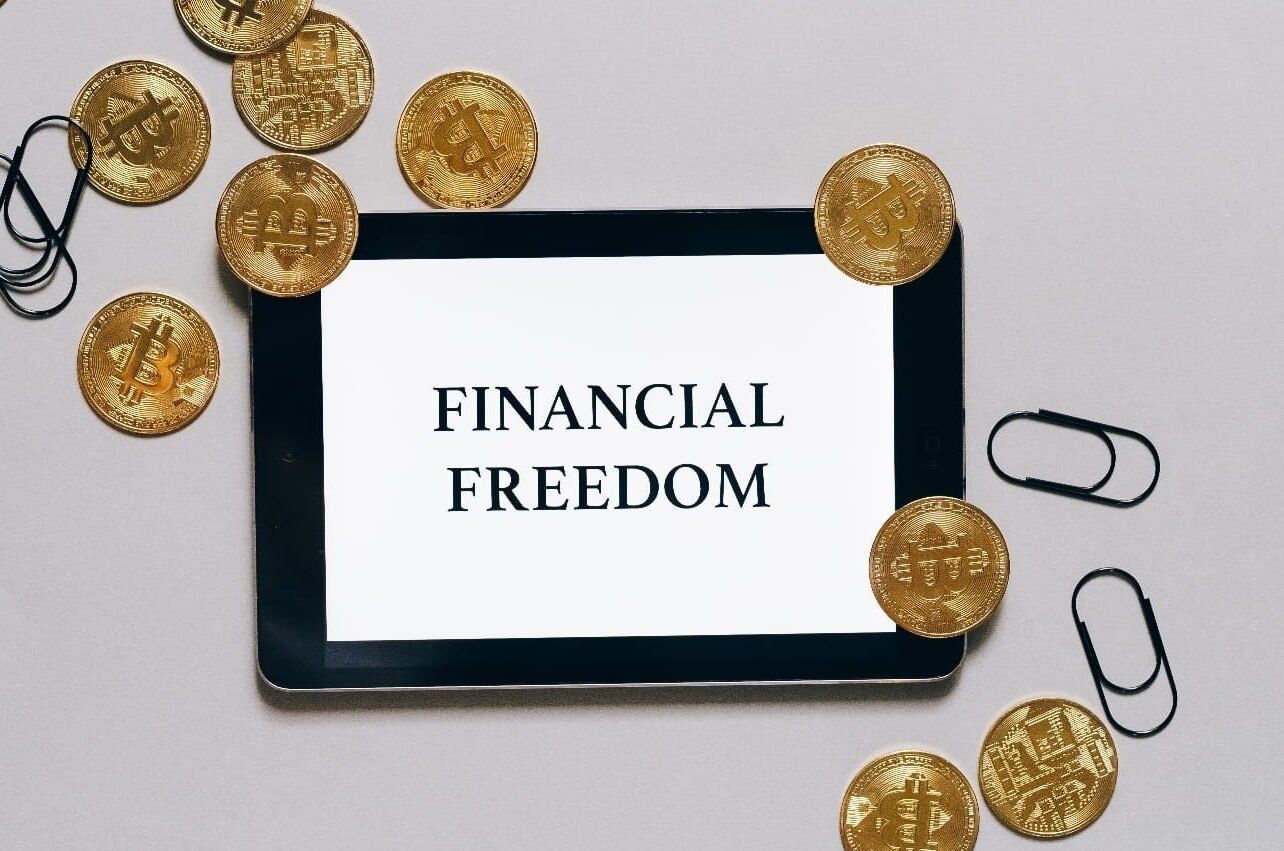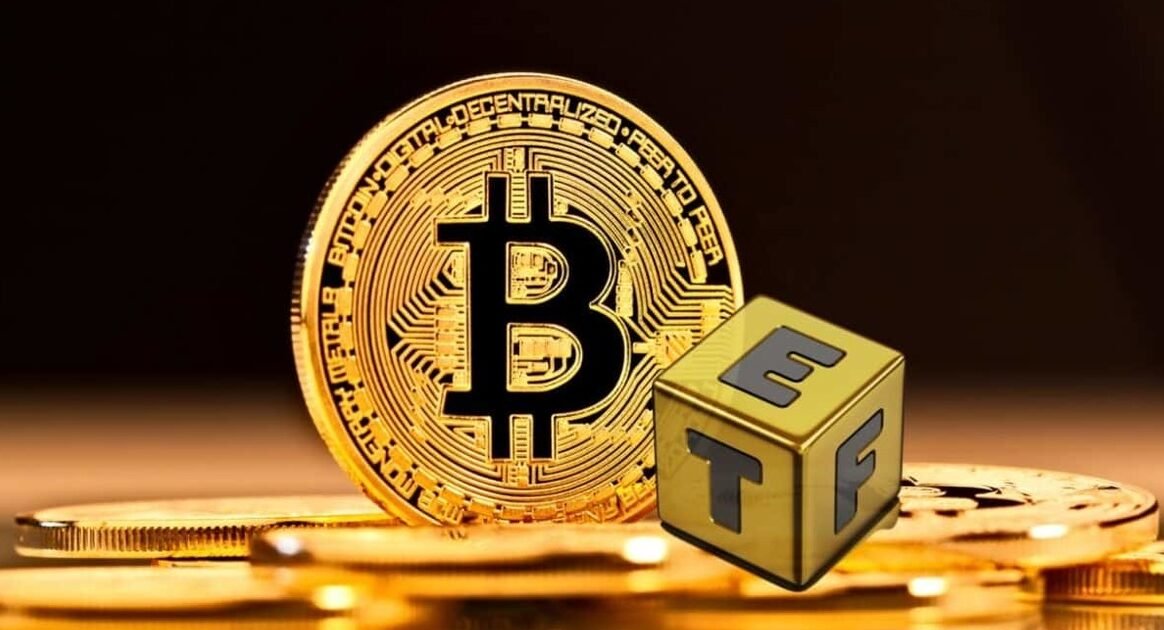Emerging among the most discussed financial inventions of the twenty-first century is Bitcoin. Whether you learn about it from friends, news headlines, or social media, there is no doubt about its increasing role in the current economy. But more precisely what is Bitcoin, and why has it attracted so much interest? This book provides a straightforward and useful overview if you are a novice trying to grasp how Bitcoin operates, why it matters, and how to get started.
Decentralised Digital Currency
Bitcoin, created in 2009 by an unidentified person or group known as Satoshi Nakamoto, is a distributed digital currency. Blockchain technology drives Bitcoin, which runs on a peer-to-peer network, unlike conventional money created by governments and under control by central banks. This distributed ledger logs all Bitcoin transactions and maintains thousands of computers (known as nodes) worldwide.
Bitcoin employs cryptographic evidence rather than depending on institutions to validate transactions. Every transaction is noted on the blockchain, rendering the system open, safe, and fraud-resistant. Bitcoin is sometimes referred to as “trustless” money, mostly because of this degree of trust devoid of central authority.
Revolutionising Financial Freedom
Bitcoin marks a change in our conception of money, not only a digital one. Conventional financial systems depend on intermediaries such as banks or payment processors, which could charge exorbitant fees, slow down transactions, or restrict access depending on the political or economic environment.

With borderless, censorship-resistant transactions, Bitcoin gives people more financial control. This especially matters in nations dealing with economic uncertainty, inflation, or tight capital restrictions. Moreover, Bitcoin is deflationary since its supply is 21 million coins. Unlike fiat money, which can be created endlessly, Bitcoin’s limited supply adds to its attractiveness as a store of value, much as digital gold does.
How Bitcoin Works
The blockchain—a public, distributed ledger—is the mechanism behind Bitcoin’s operation. Sending Bitcoin causes the transaction to be posted to the network. Individuals or companies with specialised hardware, such as miners, verify these transactions by tackling challenging mathematical puzzles. This operation, known as mining, adds fresh blocks to the blockchain and pays miners freshly created Bitcoins.
You need a digital wallet to engage with Bitcoin. Your private keys— cryptographic credentials allowing access and currency expenditure—are stored in a Bitcoin wallet. Mobile apps, desktop apps, web wallets, or hardware wallets like Ledger and Trezor, storing your private keys offline, make up several forms of wallets. Entering the wallet address—a string of letters and numbers—you can transfer or receive Bitcoin once you own a wallet. Usually validated in minutes, transactions become permanent once noted on the blockchain.
Buying Bitcoin Safely
In recent years, buying Bitcoin has grown relatively simple. Most newbies start with a Cryptocurrency exchange such as Coinbase, Binance, Kraken, or Bitstamp. These systems let consumers turn USD, EUR, etc., fiat money into Bitcoin.
You will have to register, confirm your identification, and add a payment method—perhaps a credit card or bank account. Once configured, you can buy Bitcoin and move it to your personal wallet for security. Leaving your coins on an exchange for a long time is usually not advised since exchanges are regular targets for hackers. With a secure wallet, you take charge of your Bitcoin.
Bitcoin Risks Explained
Though it has special benefits, newbies should be aware of certain hazards associated with Bitcoin. The most well-known is price volatility. Influenced by macroeconomic factors, market speculation, and legislative changes, Bitcoin’s value can vary significantly within short time periods.
 Security poses another danger. The transaction cannot be undone should you misplace your private key or forward Bitcoin to the incorrect address. Unlike credit card payments, Bitcoin does not have a “chargeback” mechanism. Regulatory surroundings also differ greatly. Although many nations allow Bitcoin use, others have outlawed or limited it. Before you invest, be sure you grasp the legislation in your country.
Security poses another danger. The transaction cannot be undone should you misplace your private key or forward Bitcoin to the incorrect address. Unlike credit card payments, Bitcoin does not have a “chargeback” mechanism. Regulatory surroundings also differ greatly. Although many nations allow Bitcoin use, others have outlawed or limited it. Before you invest, be sure you grasp the legislation in your country.
Bitcoin’s Diverse Adoption
A broad spectrum of users has been drawn to Bitcoin. Many times purchased by retail investors as a long-term or speculative asset, it is a Developing nation with shaky currencies that has embraced Bitcoin widely as a tool of asset preservation.
Concurrently, institutional investors, hedge funds, and even major firms like MicroStrategy and Tesla have included Bitcoin in their balance sheets. Nowadays, payment systems like PayPal and Cash App allow Bitcoin transactions, closing the distance between cryptocurrencies and conventional finance. Bitcoin is also relatively popular among developers and businesses creating distributed apps, exchanges, and financial services on top of the blockchain network.
Final thoughts
The long-term success of a currency depends on its acceptance as a means of exchange and store of value. The Lightning Network and other technological developments seek to make transactions faster and more scalable, opening doors to daily usage, including rent payment or coffee purchase.
The development community keeps changing the network; forthcoming protocol enhancements might enhance privacy, efficiency, and interoperability with other blockchains.
Whether it becomes a worldwide currency or a digital investment tool, its influence on personal autonomy and financial creativity is indisputable.

